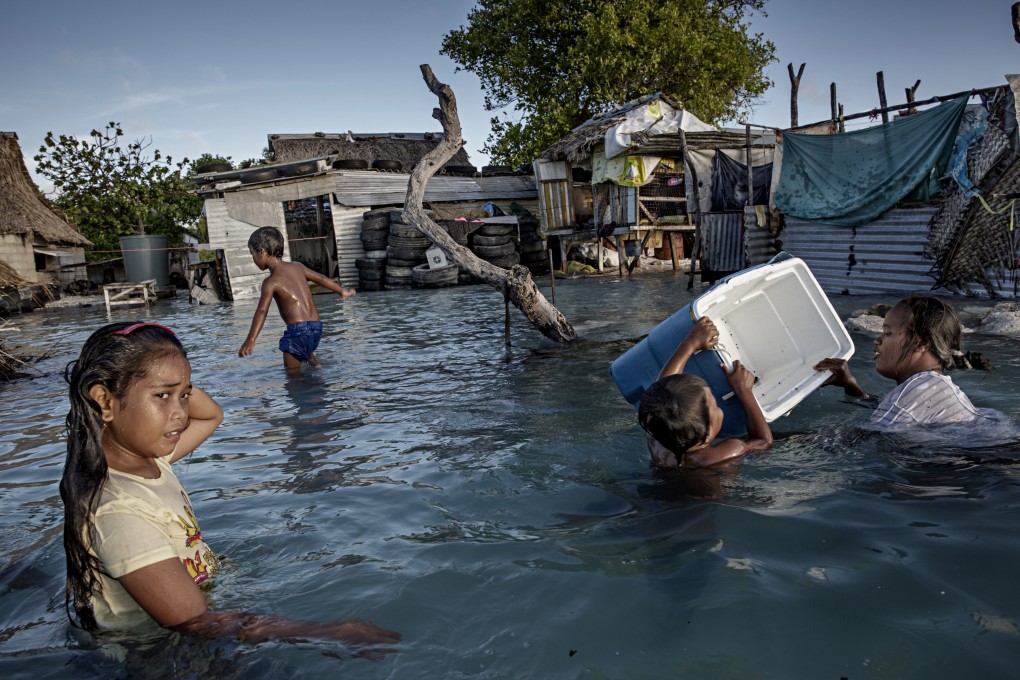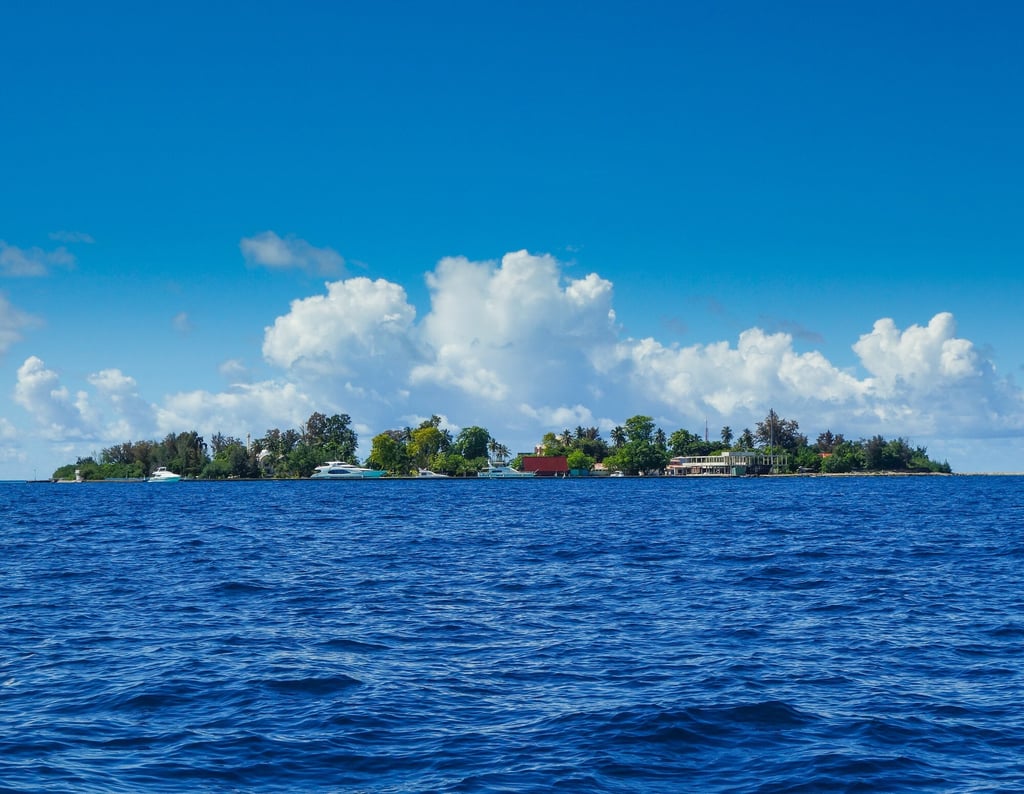Advertisement
The climate change dilemma facing Maldives, Mauritius and other tourism-dependent small island nations: their livelihoods or their lives?
- Many small island developing states, or Sids, rely on tourism, but the industry is a major driver of climate change, which threatens to submerge their nations
- While salvaging the economies of these countries is complex, there has never been serious efforts by Sids to consider different economic sectors, one expert says
Reading Time:4 minutes
Why you can trust SCMP

Come visit the Maldives, its president entreated the world at this year’s United Nations General Assembly, moments before switching to an impassioned plea for help combating climate change. The adjacent appeals illustrated a central dilemma for many small island developing states (Sids): their livelihoods, or their lives?
The United Nations recognises 38 member states as Sids, grouped together because they face “unique social, economic and environmental challenges”.
This bloc is particularly vulnerable to climate change. It is also particularly dependent on tourism – a significant driver of climate change, accountable for 8 per cent of global carbon dioxide emissions alone, according to sustainable tourism expert Stefan Gossling, and an industry devastated by the ongoing coronavirus pandemic.
Advertisement
The predicament these islands find themselves in is essentially recursive: attract tourism for economic survival, which in turn contributes to climate change, which in turn bleaches the colourful reefs and destroys the pristine beaches that attract tourists. As things are, by the end of the century, these low-lying islands could drown entirely.

“The difference between 1.5 degrees and 2 degrees [Celsius warming] is a death sentence for the Maldives,” said the state’s president, Ibrahim Mohamed Solih, to the UN General Assembly last week.
Advertisement
Advertisement
Select Voice
Choose your listening speed
Get through articles 2x faster
1.25x
250 WPM
Slow
Average
Fast
1.25x